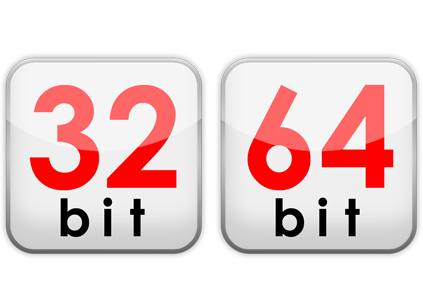Samsung is planning to introduce 64-bit CPU powered devices in future
There were many expectations and predictions about the announcement of the new Apple iPhone 5S. Who would guess that one of the most discussed capabilities of the flagship will be its 64-bit CPU? It is true that the iPhone 5S is the first smartphone to be powered by 64-bit silicon, however the advantages of this type of processor are not that impressive. The new processor will enable increasing of the RAM for the handsets and will boast the performance. For not, even if iPhone 5S is faster than its predecessor, it is not that much faster, therefore many discussions begun whether the smartphones really need 64-bit CPU at that time. Apparently it seems they do! Samsung did not wait long to announce that it is planning on releasing smartphones that work with 64-bit CPU. The business chief of the company said for the media The Korea Times: “Not in the shortest time. But yes, our next smartphones will have 64-bit processing functionality.”
Everything shows that the biggest manufacturers on the market will cross swords on the topic of processors and the new 64-bit will power more and more devices. The current fastest performing phablet of Samsung is Galaxy note 3 with the impressive 4GB RAM. The Korean manufacturer will not stay behind and there is a big chance to introduce the next flagship Samsung Galaxy S5 with a 64-bit CPU and 4GB RAM.
Interesting news that came from the interview of Shin for The Korea Times is the plans of the company to increase its presence on markets like Japan and China. This is obviously influenced by the increasing impact of Apple on those markets, especially after the rumors that the company might team-up with China Mobile. Apple has just announced its deal with the biggest carrier in Japan NTT DoCoMo for selling of the new flagships in the country.
The mobile world is changing really fast and in unpredictable ways. The recent announcement of the true octa-core processor was quickly followed by the introduction of the 64-bit silicon. What do you think is coming next?
Source: thenextweb




